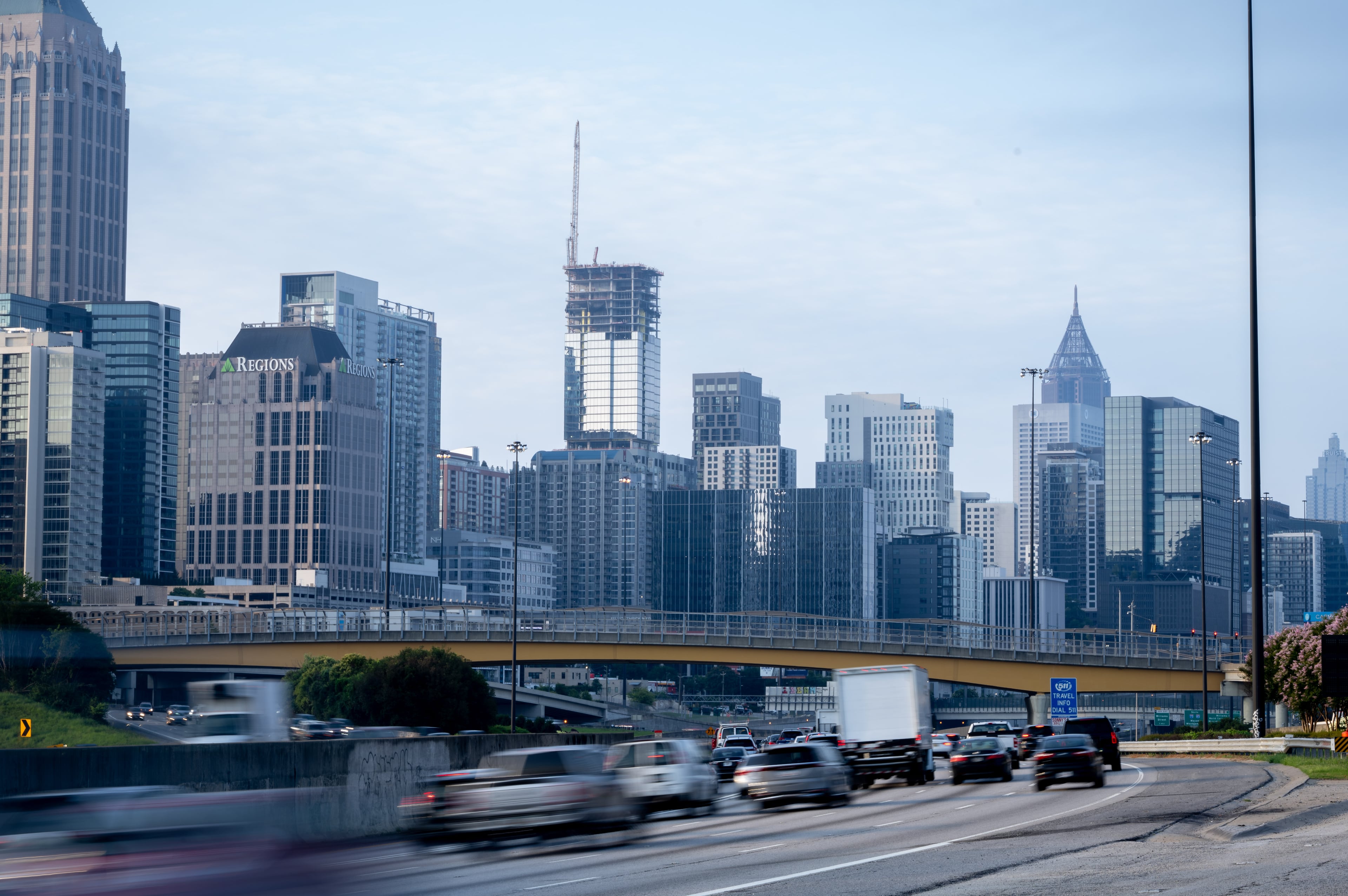Brazilian authorities say they addressed housing shortage for climate talks, defend oil drilling
SAO PAULO (AP) — Brazilian authorities said Friday they have made progress in solving the housing shortage for attendees of the upcoming U.N. climate conference, while also defending a recent decision to allow exploratory drilling in the Amazon. Both issues have been contentious as Brazil prepares to host the summit, known as COP30, in November.
Ana Toni, Brazil’s climate change chief and CEO of COP30, told reporters that more than 163 national delegations have confirmed their accreditations to the conference, and 80% have secured accommodations.
National delegations, activists and other attendees have struggled to find affordable places to stay in Belem, the Amazonian city hosting this year’s climate summit. Hotel prices have skyrocketed, and even private homes, love motels and other makeshift accommodations were charging a minimum of several hundred dollars a night.
Toni said the Brazilian government has also secured funding from philanthropic organizations to help cover expenses for delegations from the least-developed countries. “That issue has already been settled, and I don’t expect any problems with the number of delegations or available housing in Belem,” she added.
The lack of housing and its potential impact on international participation have already caused damage, said Márcio Astrini, executive secretary of the Climate Observatory, a network of 133 environmental, civil society and academic groups.
“It’s time we lost talking about something that shouldn’t even be on our radar,” he told The Associated Press.
Astrini has attended U.N. climate conferences for 15 years and said the only time he witnessed accommodation problems was at the Glasgow summit in 2021. But that was largely because the conference took place during the pandemic, when housing restrictions existed worldwide.
Another issue that doesn’t help, Astrini added, is Brazil’s recent approval of an environmental license for oil exploration just weeks before the climate conference, where efforts to reduce the use of fossil fuels like oil, gas and coal will be discussed. The burning of such fuels release greenhouse gases, which warm the planet, exacerbate weather extremes and cause other problems.
On Monday, the federal government approved exploratory drilling by state-run oil giant Petrobras near the mouth of the Amazon River. The region, which is believed to be rich in oil and gas, is home to little-studied mangroves and a coral reef.
Petrobras has long argued it has never caused spills in its drillings. The company added that the exploratory well will not produce any oil.
Astrini’s organization, along with seven other environmental, Indigenous and Afro-Brazilian rights groups, filed a lawsuit Thursday against Petrobras and the Brazilian government seeking to annul the license and obtain an injunction to suspend drilling. They argued that the license has technical flaws.
“We believe they didn’t properly assess several potential consequences of oil exploration there. The risks posed by this project are greater than measured in the license,” he said.
“Even mistakes have their timing. Making one just 20 days before the COP is a double mistake,” Astrini added.
Toni said fossil fuels have always been a central topic in climate talks and this time will not be different. “I don’t think it directly affects the credibility or legitimacy of Brazil’s COP presidency. The contradictions we face here are the same ones every other country is also dealing with,” the COP30 officer said.
To her, Brazil now faces with fossil fuels a challenge similar to curbing deforestation: confronting a major source of carbon emissions and finding ways to change course.
“The energy debate in Brazil has never been as mature as it is now. I’m very glad we’re having an increasingly sophisticated conversation about what kind of energy we want for Brazil,” she said. “I believe COP will help us take that debate even further.”
___
Follow AP’s Latin America coverage at https://apnews.com/hub/latin-america

